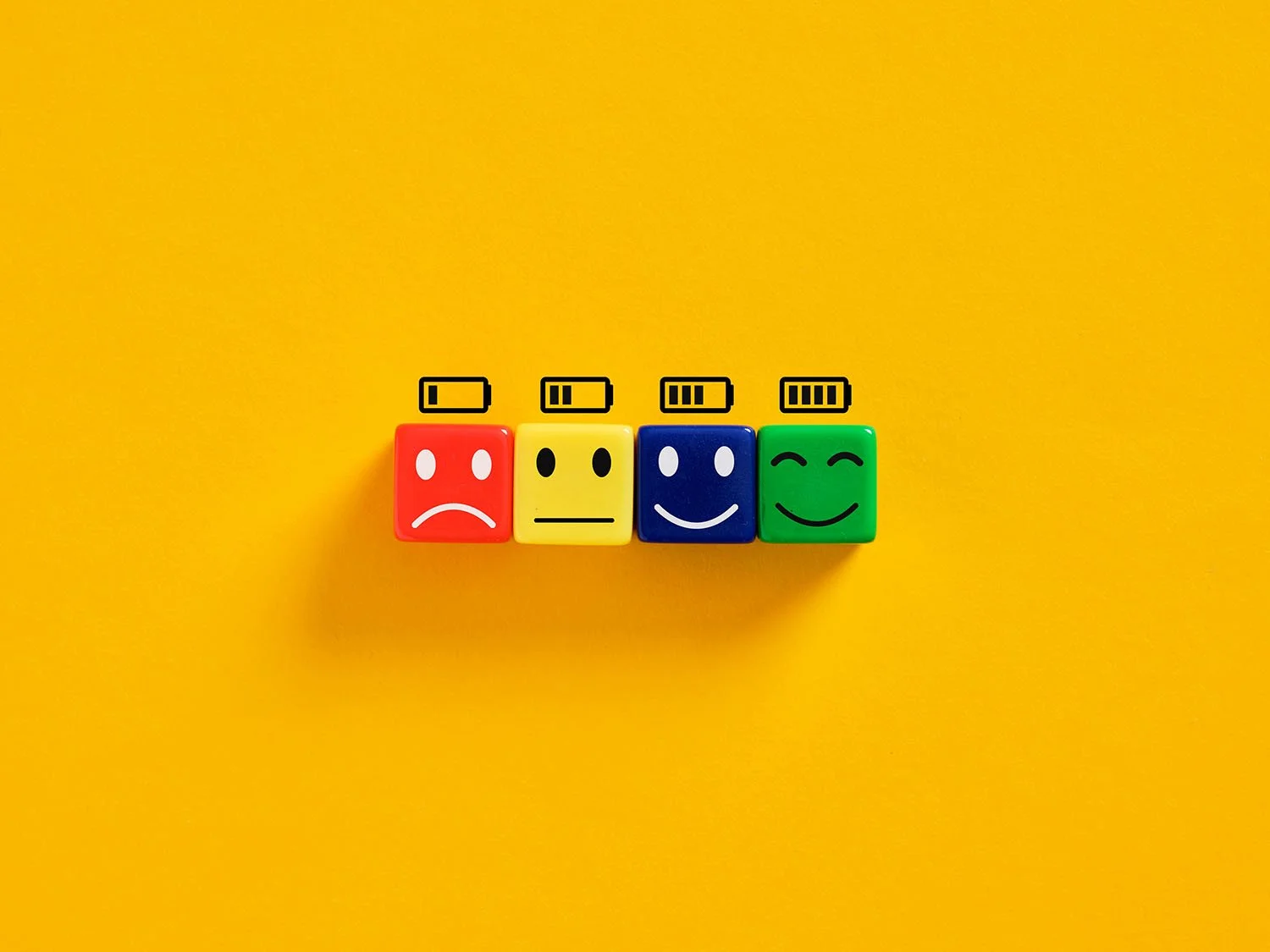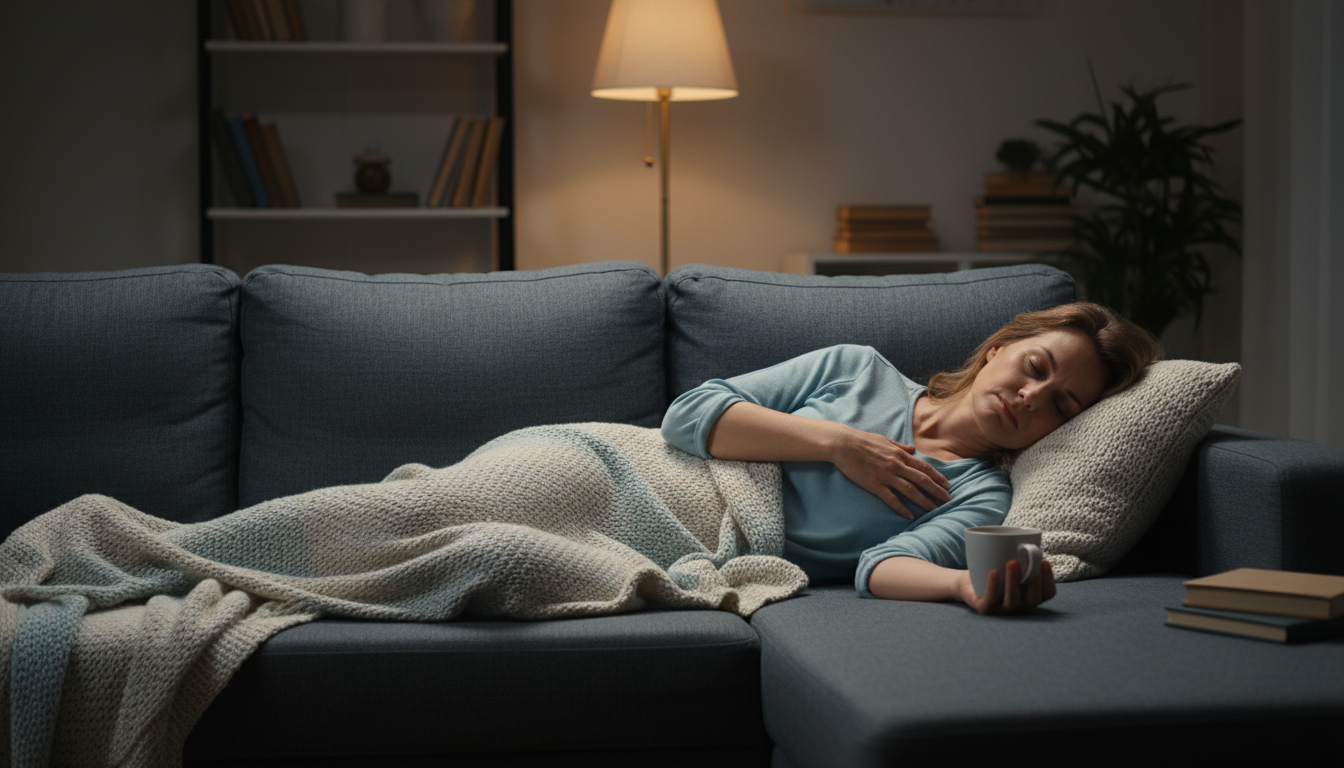How Bioidentical Hormones Differ from Synthetic Hormones: A Comprehensive Guide
Hormones quietly run the show behind the scenes of your health—energy, sleep, mood, metabolism, sex drive, and even how clearly you think. When those hormones fall out of balance, life can start to feel “off” in ways that are hard to explain but impossible to ignore.
That’s where hormone therapy comes in. And today, more people are asking:
“What’s the difference between bioidentical hormones and synthetic hormones—and which is better for me?”
At OTR Health & Wellness, we get that question all the time. This guide will walk you through how these two types of hormones differ, how they’re used, and how OTR Health & Wellness helps patients choose a safe, effective, and personalized approach.
What Are Bioidentical Hormones?
Bioidentical hormones are hormones that are chemically identical to the ones your body naturally produces. That means their molecular structure matches human hormones such as:
Estrogen
Progesterone
Testosterone
DHEA
Thyroid hormones (like T3 and T4)
They’re typically derived from plant sources (often soy or wild yam), then processed in a lab so the final hormone molecule looks and behaves like your own.
Key idea: Your body “recognizes” bioidentical hormones as if it made them itself. That’s why many people find them easier to tolerate and adjust.
At OTR Health & Wellness, bioidentical hormone replacement therapy (BHRT) is often used to support both men and women dealing with:
Menopause and perimenopause
Andropause (age-related low testosterone)
Fatigue and lack of motivation
Low libido and sexual dysfunction
Brain fog, mood swings, and sleep issues
What Are Synthetic Hormones?
Synthetic hormones are man-made hormones that do not exactly match the structure of natural human hormones. They may act similarly in the body, but their molecular shape is slightly different.
Common examples include:
Certain forms of synthetic estrogen (like ethinyl estradiol in many birth control pills)
Synthetic progestins (like medroxyprogesterone acetate used in some traditional hormone therapies)
These synthetic hormones can still bind to hormone receptors and create powerful effects, but because the structure isn’t identical, they may:
Activate receptors more strongly or differently
Break down differently in the liver
Produce different side-effect profiles
This doesn’t mean synthetic hormones are always “bad,” but it does mean they can act in ways that are less predictable for some people.
Bioidentical vs. Synthetic: The Core Differences
Let’s break the comparison down into what matters most to patients at OTR Health & Wellness.
1. Molecular Structure
Bioidentical hormones:
Exact molecular match to human hormones
Your body processes them as if they were its own
Synthetic hormones:
Similar but not identical structure
May bind differently to receptors
Can produce “off-target” effects for some individuals
2. How the Body Metabolizes Them
Because bioidentical hormones look like your natural hormones, your body typically:
Converts them to other hormones in familiar pathways
Clears them using normal metabolic processes
Synthetic hormones may be metabolized differently, which can:
Create unique byproducts
Influence clotting, blood pressure, or inflammation differently
Impact side-effect risk
This is one reason many patients who haven’t felt well on traditional hormone therapy feel better when switched to bioidentical hormones under careful supervision.
3. Formulations and Personalization
Bioidentical hormones are available both as FDA-approved products and as customized compounded formulas. They come in many forms:
Creams and gels
Patches
Troches (dissolvable tablets)
Injections
Pellets
Capsules
This flexibility allows OTR Health & Wellness providers to:
Tailor dosage precisely
Combine multiple hormones if needed
Adjust route of delivery to match your lifestyle and goals
Synthetic hormones are often limited to standardized doses in pills, injections, patches, or implants. They can certainly be effective, but may not offer the same level of personalization.
Benefits of Bioidentical Hormone Therapy
Many patients report meaningful improvements after starting a thoughtfully designed BHRT plan with OTR Health & Wellness. Potential benefits include:
More stable mood – fewer emotional ups and downs
Improved energy and stamina – feeling more like “your old self”
Better sleep – falling asleep more easily and staying asleep
Enhanced libido and sexual satisfaction
Clearer thinking – less brain fog and forgetfulness
Body composition support – easier time building or maintaining lean muscle and managing body fat (especially when paired with nutrition and exercise)
Of course, results vary from person to person. That’s why a thorough assessment is essential.
Are Bioidentical Hormones Safer?
This is one of the most important—and most misunderstood—questions.
Here’s the honest answer:
No form of hormone therapy is completely risk-free. However, many experts consider properly dosed, monitored bioidentical hormones to be potentially safer and more physiologic than many synthetic options, especially when:
The lowest effective dose is used
Delivery methods that reduce clotting risk (like transdermal creams or patches) are chosen when appropriate
Treatment is customized based on age, medical history, and risk factors
At OTR Health & Wellness, safety is never an afterthought. It’s built into every step:
Comprehensive evaluation – symptoms, medical history, current medications, and lifestyle
Laboratory testing – to assess baseline hormone levels and screen for red flags
Individualized treatment plan – using bioidentical hormones when appropriate
Ongoing monitoring – follow-up visits and lab work to fine-tune your therapy over time
This thoughtful, patient-centered approach is very different from a “one size fits all” prescription.
Common Myths About Bioidentical Hormones
Because BHRT has become popular, there’s also a lot of confusion. Let’s clear up a few myths we often hear at OTR Health & Wellness.
Myth #1: “Bioidentical hormones are completely natural, so there are no risks.”
Even though they’re structurally identical to your own hormones, they are still powerful and must be used carefully. Hormone balance is about precision, not excess.
Myth #2: “If something is compounded, it’s automatically better.”
Compounded bioidentical hormones can be wonderful when you need a custom dose or a unique combination, but FDA-approved bioidentical products are also excellent options. The best choice depends on your needs, labs, and provider’s judgment.
Myth #3: “Only women use bioidentical hormones.”
Not even close. Men struggling with low testosterone, low energy, reduced performance, or mood changes can benefit significantly from carefully managed bioidentical testosterone therapy.
How OTR Health & Wellness Designs a BHRT Plan
If you’re considering bioidentical hormones, here’s what the process typically looks like with OTR Health & Wellness:
1. In-Depth Consultation
You’ll talk through:
Your symptoms and concerns
Past treatments or experiences (good and bad)
Your health history and goals
This is your time to be heard—no rush, no judgment.
2. Targeted Lab Testing
Labs may include:
Sex hormones (estrogen, progesterone, testosterone)
Thyroid function
DHEA and other supporting markers
Sometimes metabolic, inflammatory, or nutritional markers
These results give your OTR Health & Wellness provider a clear snapshot of how your hormones are functioning.
3. Personalized Treatment Plan
Your plan may include:
Bioidentical hormone therapy tailored to your specific imbalances
Lifestyle recommendations (sleep, exercise, stress management)
Nutritional support and supplements when appropriate
The goal isn’t just to “normalize numbers”—it’s to help you feel and function better in real life.
4. Ongoing Support and Adjustments
Hormones aren’t static, and your life isn’t either. OTR Health & Wellness will:
Recheck labs periodically
Adjust your dose or delivery method as needed
Check in about your energy, mood, sleep, and overall well-being
This ongoing partnership is what allows BHRT to remain safe, effective, and aligned with your evolving health goals.
Is Bioidentical Hormone Therapy Right for You?
Bioidentical hormones aren’t a magic fix, and they’re not for everyone—but for many people, they can be a crucial piece of restoring quality of life.
You may want to explore BHRT with OTR Health & Wellness if you’re experiencing:
Persistent fatigue, even after sleeping
Hot flashes, night sweats, or temperature swings
Brain fog or difficulty concentrating
Low sex drive or sexual discomfort
Unexplained irritability, anxiety, or low mood
Stubborn weight gain or changes in body composition
The next step isn’t guessing, Googling, or trying random supplements. It’s getting real data and real guidance.
Take the Next Step with OTR Health & Wellness
If you’re curious about how bioidentical hormones differ from synthetic hormones—and more importantly, how your hormones are affecting your daily life—OTR Health & Wellness is here to help.
Our team focuses on:
Science-based assessment
Thoughtful, personalized treatment
Long-term partnership in your health journey
You don’t have to accept feeling “off” as your new normal.
Reach out to OTR Health & Wellness to schedule a hormone evaluation and discover whether bioidentical hormone therapy is the right fit for you.






















